My Story...
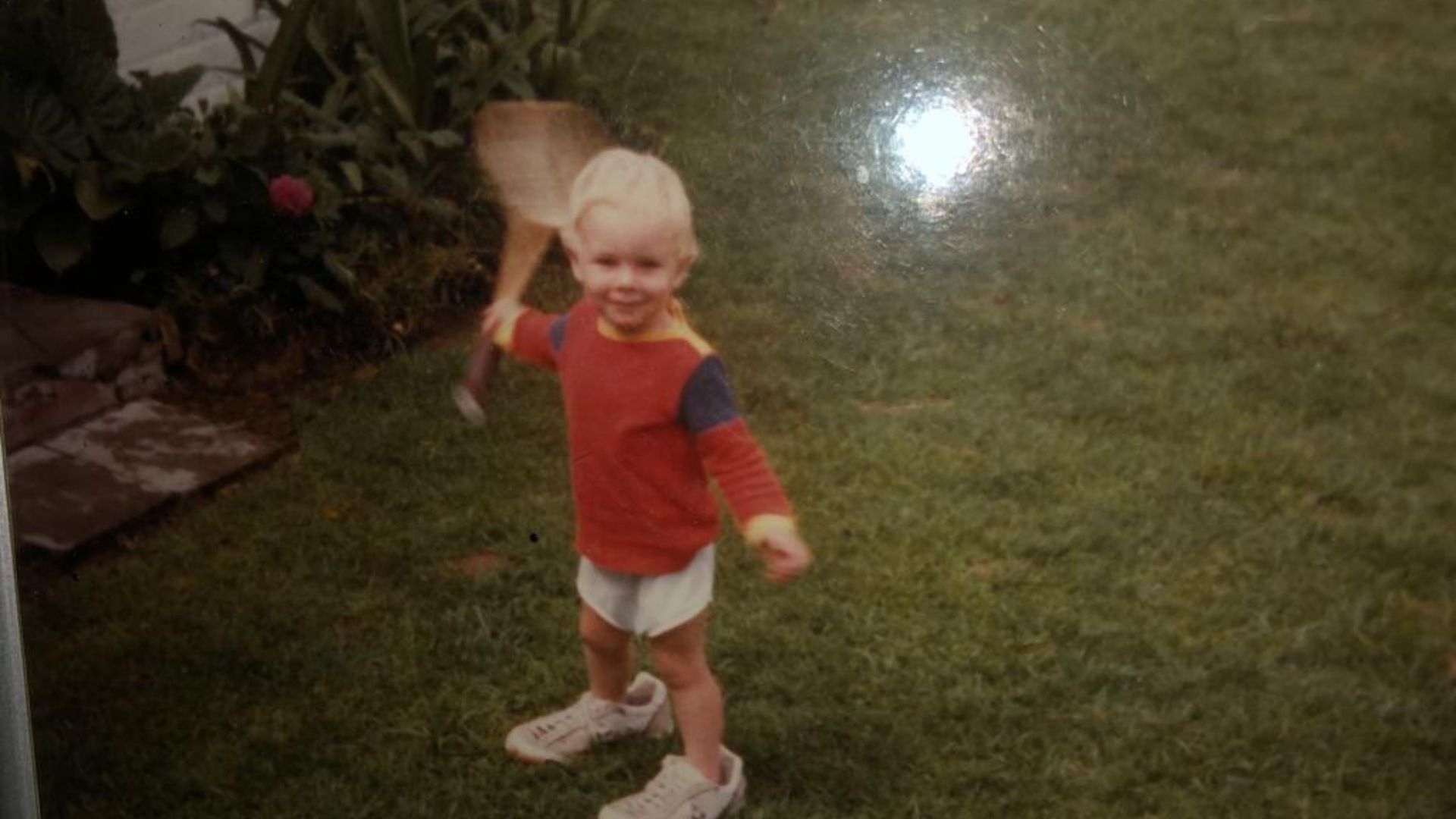
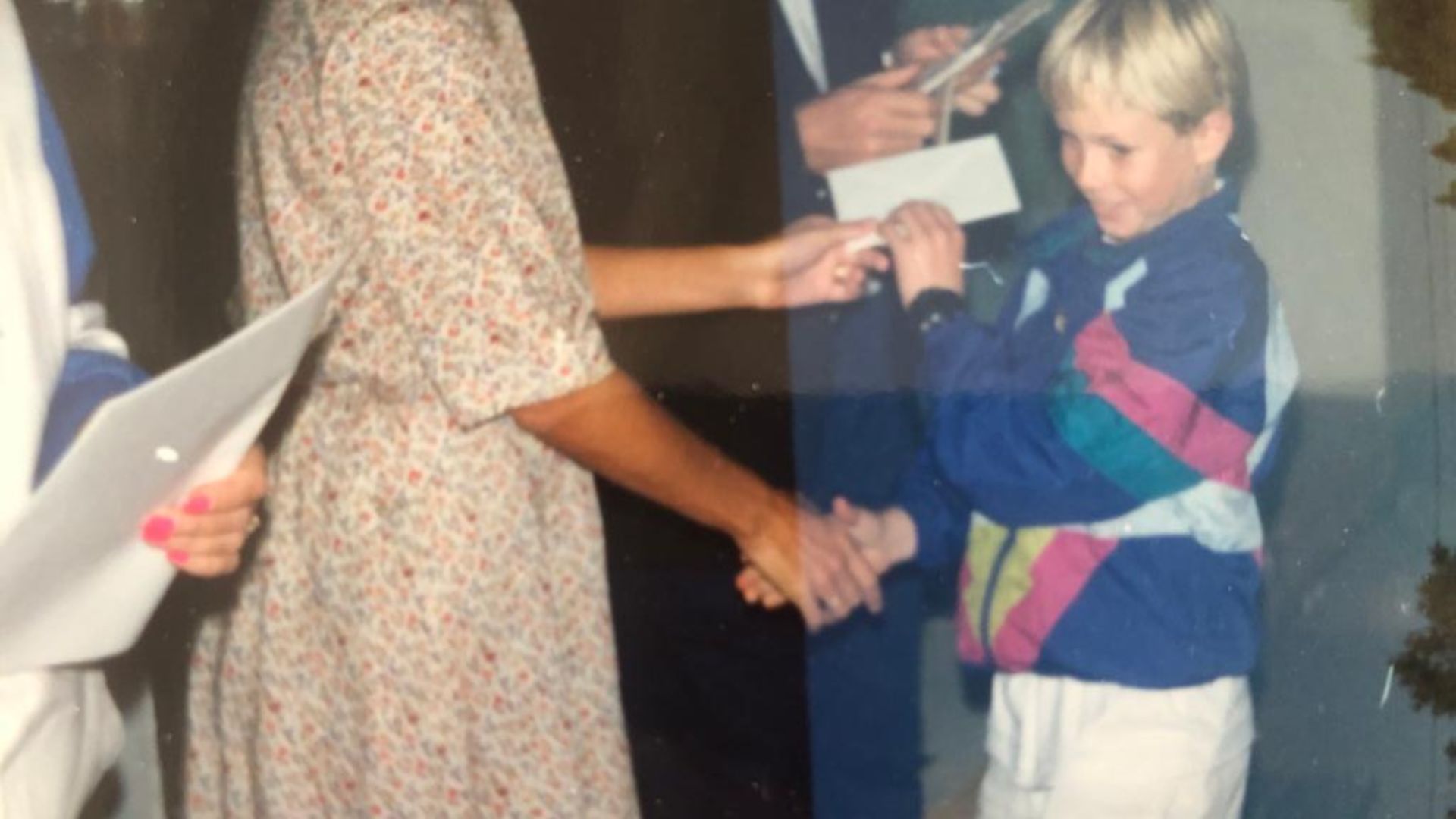
As a young lad growing up on a farm in Zimbabwe, I was lucky enough to be exposed to the great outdoors as well as to attend a wonderful school. My early and teenage life involved a lot of playing outdoors until the sun set, where I would be expected to go indoors and be fed a healthy dinner around the family table before getting on with homework and then bed.
During this wonderful time, I was also lucky enough to be exposed to a wide range of sports and was able to practice and play for hours and hours each day with like-minded kids of a similar age. The sports were wide-ranging and often were without coaches or teachers. We played endless pick-up games, making up our own rules on the fly and adapting and changing them to the random environment we had, such as a dusty field or a wall with rough surfaces and missing parts. The endless joy and continual adaptation to these games and the hours of being exposed to them served me well for sport later in life.
At school, the more formal sports were rugby, cricket, hockey, athletics, tennis, squash, and athletics. Early on, I was a high-level rugby player, but later on, in my teens, I started to find my niche in athletics and, in particular, squash. These two went hand-in-hand nicely and I was a regional champion in cross country and middle-distance running on the track, beating all the other athletes at all the other major schools in Harare.
One particular weekend that sticks out in my memory was when I was about 17 and I had to compete at the Nationals Sports Stadium in the 800m, 1500m, and 5000m. Not only this, but it was also the Zimbabwe Junior Open finals weekend for squash and I was seeded to win it. On the Saturday, I won the 5000m and had to be rushed to the other side of town to compete in the quarter and semi-finals of the Zimbabwe Open. The competition was not to be sniffed at in both the athletic and squash arenas. Then, on Sunday, I began my day by winning the 1500m in the morning and, a few hours later, winning the 800m with a sprint finish and setting my best ever time (1min59sec, finally getting under the 2min mark, which was a huge goal for me!). Almost as soon as I finished the race, I was whisked off to play in the final of the Zimbabwe Junior Open, which I managed to win and be crowned champion.
I won’t bore you with the details of my junior squash career, but in summary, it was decent and I was the Zimbabwe and Southern African number 1 player for my age, right through from 12-18 years of age. At about 16/17 years old, I also became the Zimbabwe number 1 senior player and represented my country many times. The ultimate peak representing Zimbabwe was attending the 2002 Commonwealth Games in Manchester. But I am getting ahead of myself.
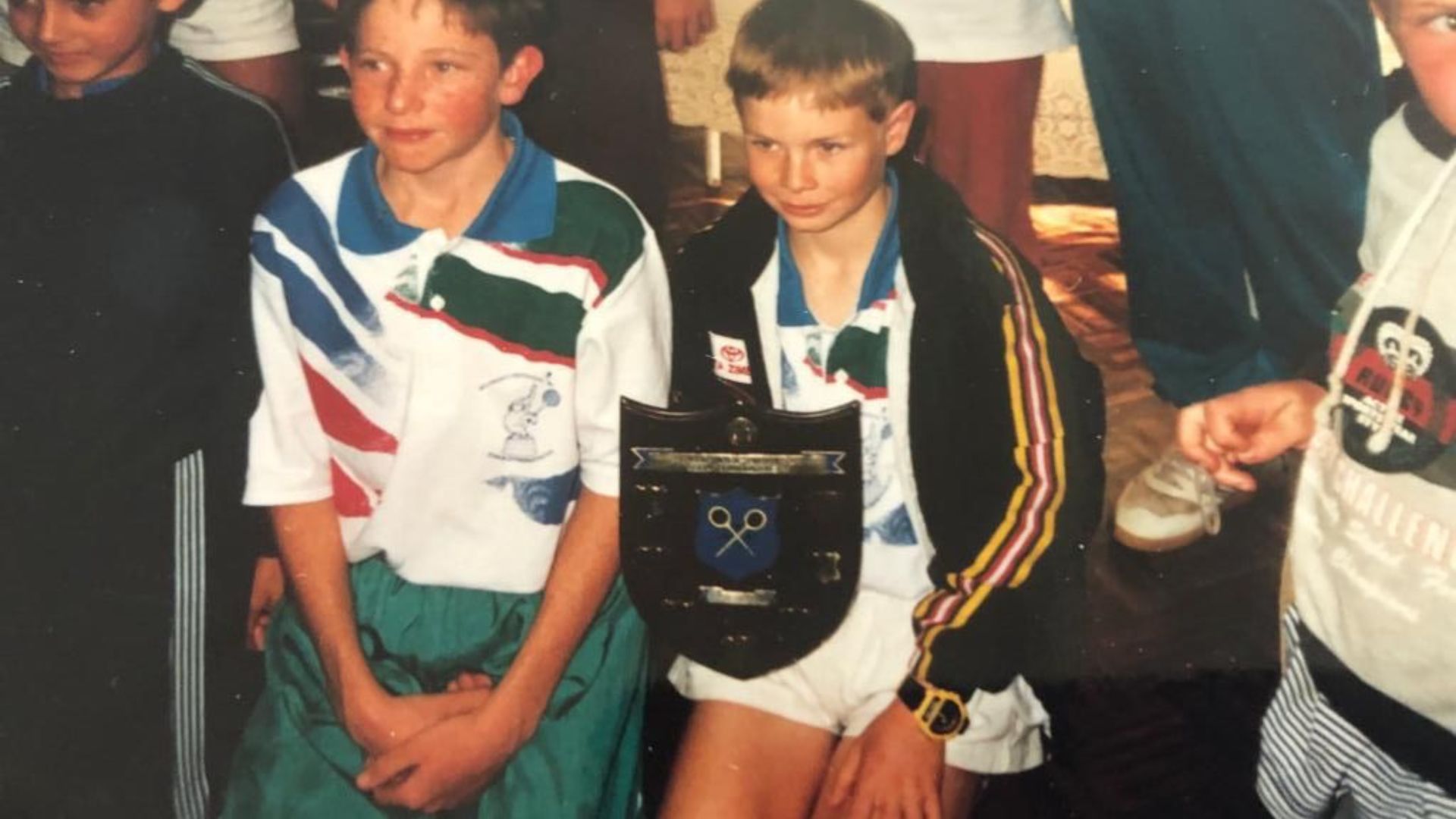
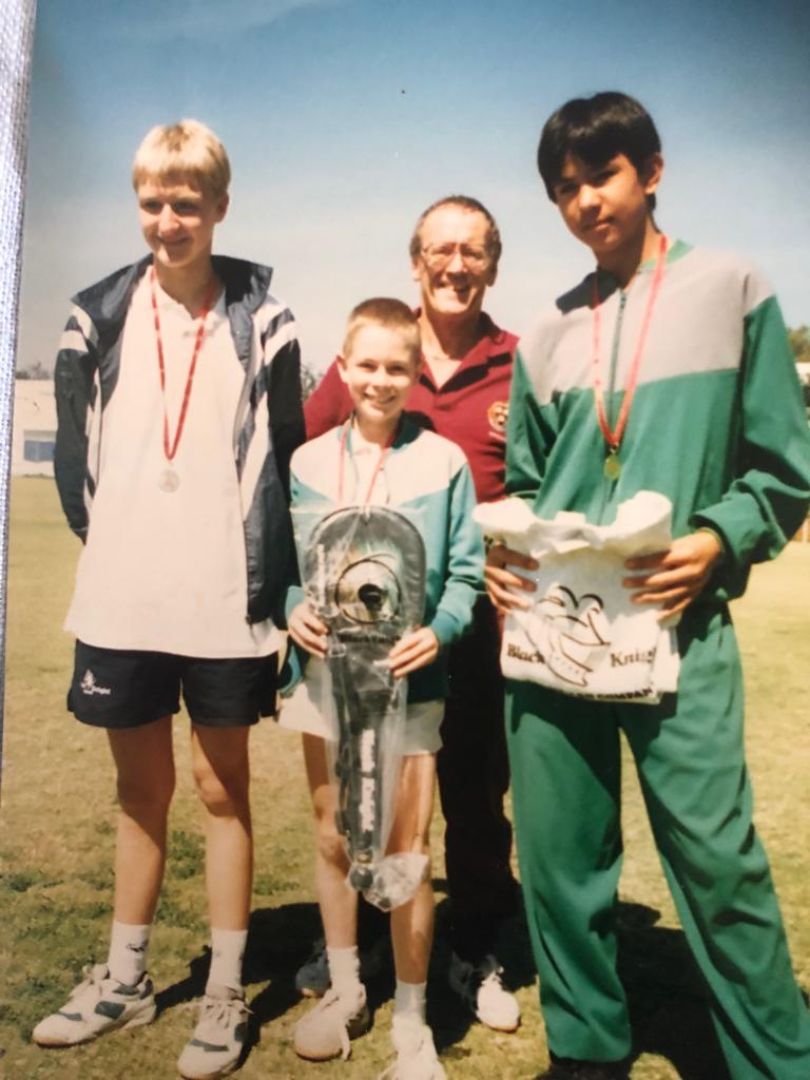
There is a confession I need to make at this point: I HATED athletics! The nerves and the anxiety I felt before each race and the huge expectation of me to win and to be the best the whole time weighed heavy. After that National Schools inals weekend where I won all 3 events, I never ran another competitive race in my life again. And I was completely fine with this. I wanted to leave it at this high point and knew that it was not really my passion and my love. I also knew that if I wanted to compete internationally for my age there would be a lot more to do, and a long road of hard, tedious work, and nerve-wracking competitions. So this was the moment that squash became my life and all my energy and passion was now put towards this amazing sport.
For any younger people (and also older for that matter) reading this, please do not specialise too early! Go broad, go wide, play a range of sports, learn to love just playing for playing sake. For sure, you may be leaning towards a more favourable sport and that is fine, but specialising at say 11/12/13 is too young. Burnout is real and there are numerous studies to point this out.
You are not developing the full capabilities of your body or your brain if you specialise too early. You are also likely to increase the amount of injuries you get later down the line if you specialise too early. Playing a range of sports and using different muscles and movements promotes strength and flexibility in areas beyond just doing a single sport. Even a sport as dynamic and variable as squash. And also, let us not forget the mind. You will be limiting yourself to a finite number of connections and neural circuits in the brain if your field of reference is only singular.
All this, for me, was taking place during the early 90's to the 2000’s when there were very little distractions like there are today, such as smart phones, high-speed internet, constant 24-hour breaking news channels, and the dreaded validation, or lack of, on social media! There was a lot less vying for my attention as there is now for all of us. This is a real problem and the distractedness of the world is only getting worse the more we are flooded with information and every app tries to give us constant pulses of dopamine to keep us engaged and ultimately addicted.
This is not a time to go deeper into this right now, and I am also not saying that life was better then than it is now, but I feel it is an important point to make about how the brain is shaped and influenced and how plastic the brain really is. Even later on in life. Which you will come to find out during this course and future ones. The slight downside of my journey is that working on the mind and having formal training for this was just in its infancy. There were sports psychologists around but they were still learning and crafting their trade. And those that were available were either very expensive and/or not easily accessible.
Also, right up until quite recently, saying you were working with someone for your mind was a sign of weakness. There was a real taboo about admitting you were seeking professional help for your state of mind. But I am glad to say now this taboo is no longer there and is quite the opposite, with many professional athletes being proud to say they have a mental coach, they wear it as a badge of honour. It almost feels like it is a small percentage gain on their opponent’s when athletes “show off” their mental coach. And this is a very healthy and good thing.
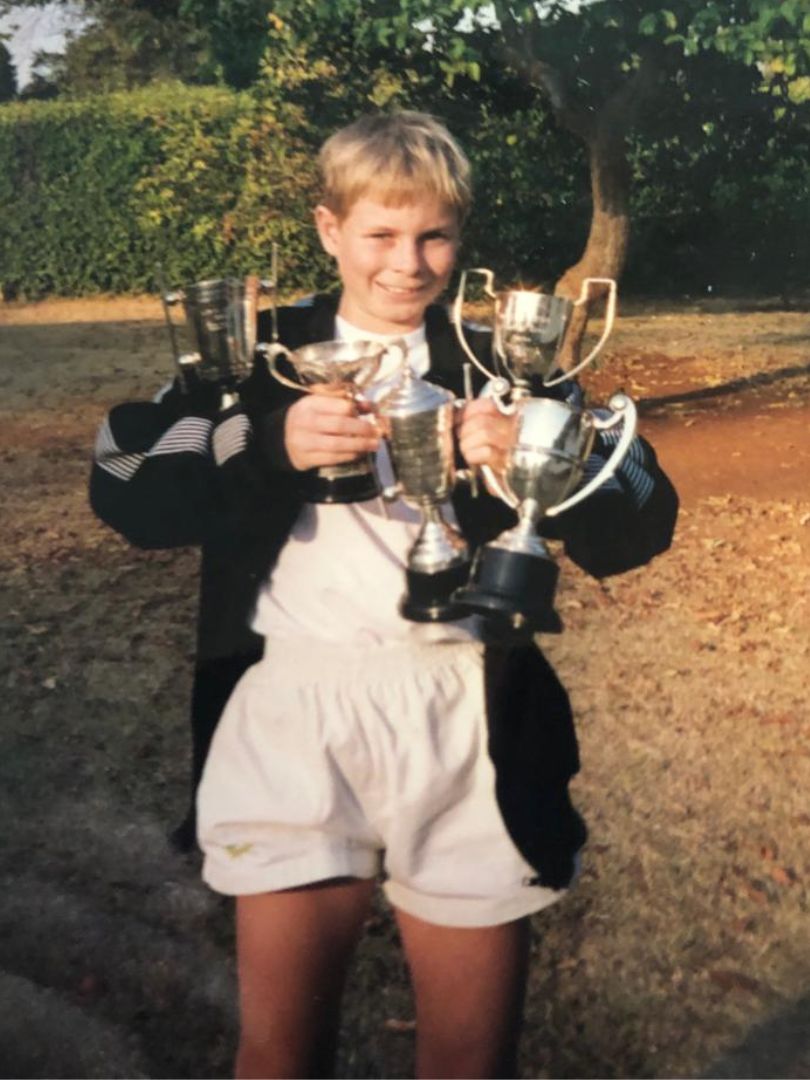
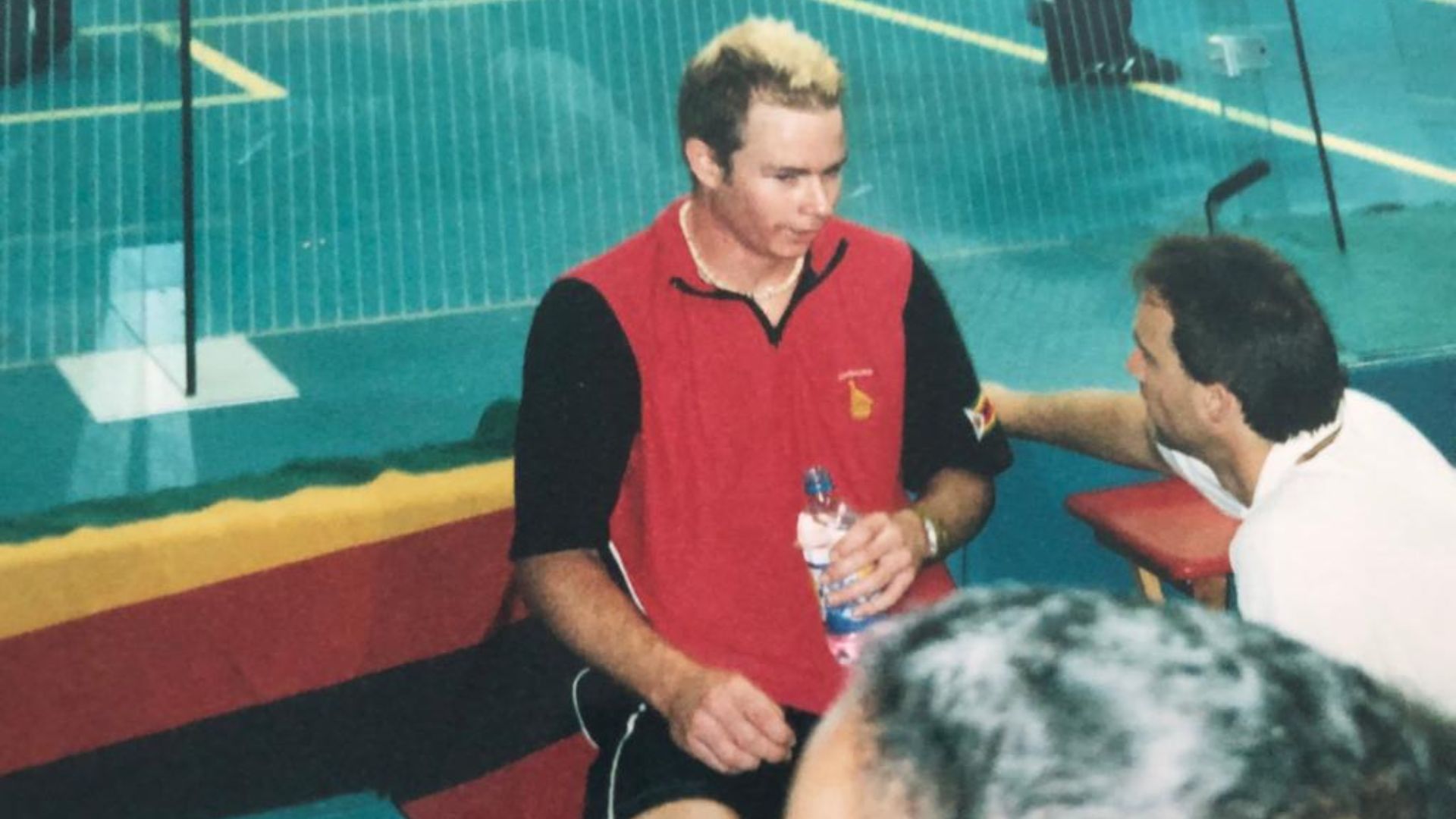
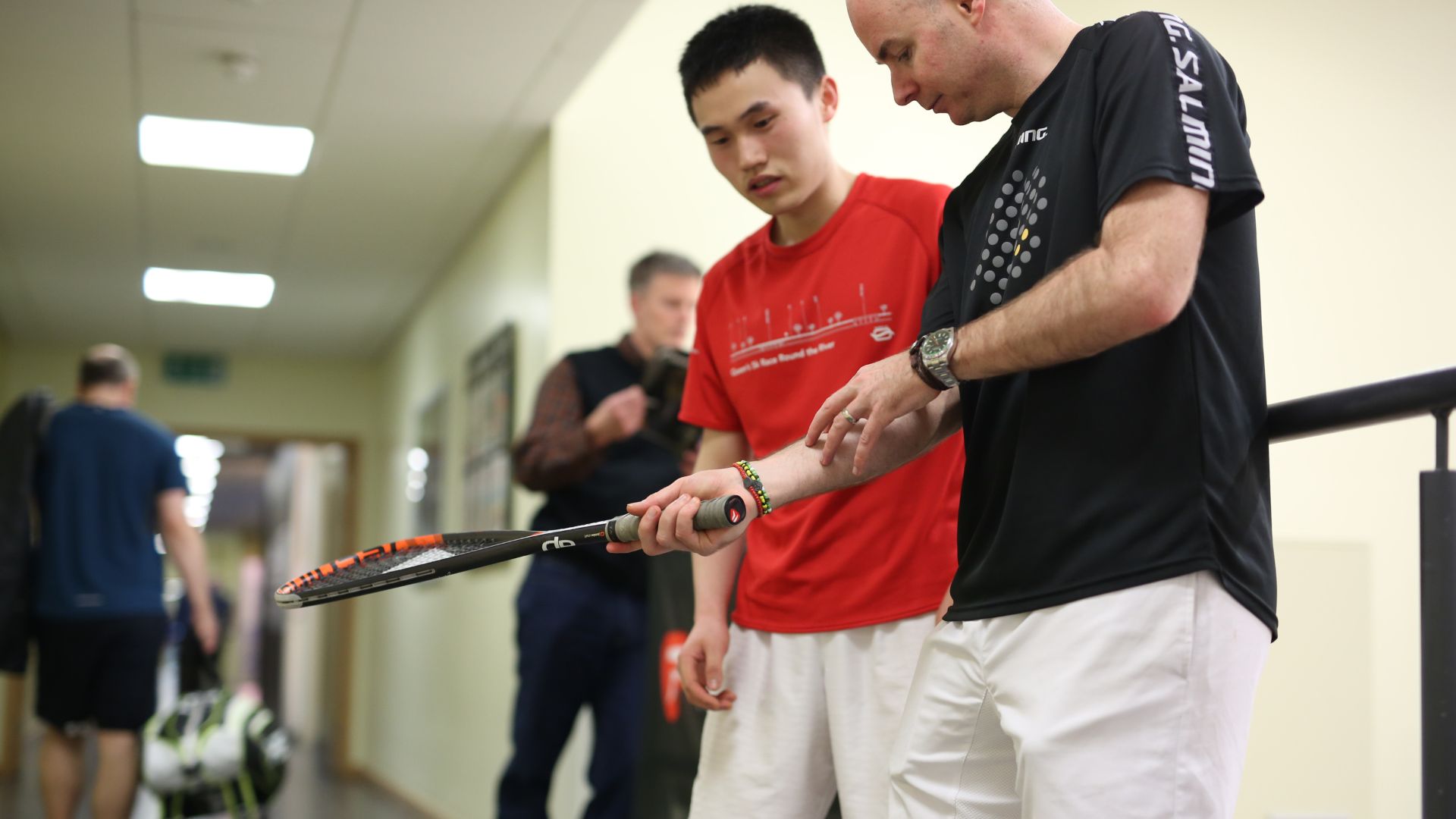
Anyway, back to my journey. In 2001, I left Zimbabwe at 18 to start my professional career in the UK. I was at a crossroads as I was offered to attend Harvard and hone my squash there whilst getting a degree. This was at the time when players either had to choose a professional career or go to College. No players had done both, as is very common now (and it is a really great route to go!), so I decided to take a gap year in the UK to join a professional training base and to play as many Pro events as possible. The trip began with me ending my junior career at the British Junior Open where I did pretty well and reached the quarter-finals of my last ever junior event. I was proud of this and felt I could enter my professional life with a lot of confidence but also with a beginners' mindset.
I believe what I was exposed to as a youngster in Zimbabwe helped me massively at the early stages of my professional career. I was strong, fit, healthy, and adaptable due to the range of sports I was exposed to. I scored some good wins early on, not necessarily by being the better squash player, but more so about being a more all-rounded athlete.
After the first couple of years, however, some cracks started to show and this was evident in my huge range of play and my inconsistencies. I could beat a player ranked in the top 20 one week, but then would lose to a player ranked outside the top 350 the next. There were patches of good, solid play, but if I am being honest, I was flying by the seat of my pants a little when it came to my awareness and knowing my game. Reacting to situations, not having much of a plan and structure, just trying to get fitter and faster and technically better. I really did not know my game that well, or myself for that matter. And this is what came back to haunt me the longer it went on for.
The mind game was not addressed or really focussed on. Maybe partly my fault, maybe partly the people helping me not encouraging me to seek help, partly also the taboo around the subject. Who knows? Whatever it was, the mind felt and seemed like the least most important thing to hone. It was “easy” to get another court sprint session in, a gruelling gym session, an on-court pressure session. Match, after match, after match. But where was my mind in all of this? Was I setting intentions? Was I reflecting well? Was I talking about my fears and anxieties? Was I practicing mindfulness? Was I visualising? Was I being curious and asking questions? Was I cultivating gratitude? The answer is a solid NO.
Without unpacking a whole 10-year professional career, let’s say that I did OK, maybe a little below what I really thought I could achieve. And when I reflect back on why I was not able to get to the heights I expected of myself, it was definitely mental. My mind game let me down when I really needed it the most. This was maybe no surprise, because in high stakes sport, the mind is the differentiator. I had very little mental training and did not really know where and how to get it that would be specific for myself and to ultimately get the best out of myself.
The reason I am sharing my journey with you is my attempt to first show and acknowledge some of the amazing advantages in my life (sporting childhood, supportive parents, healthy body, amazing opportunities). But second, and more importantly, where I really let myself down. Mainly on the mental side of my game and life.
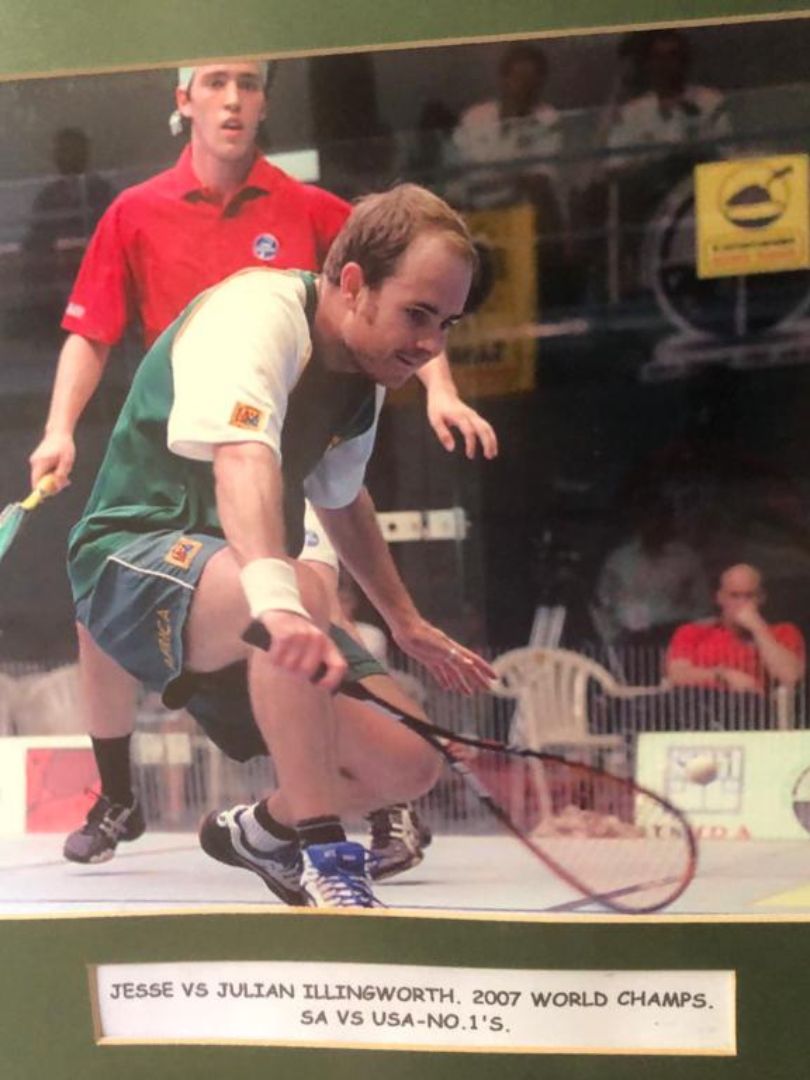
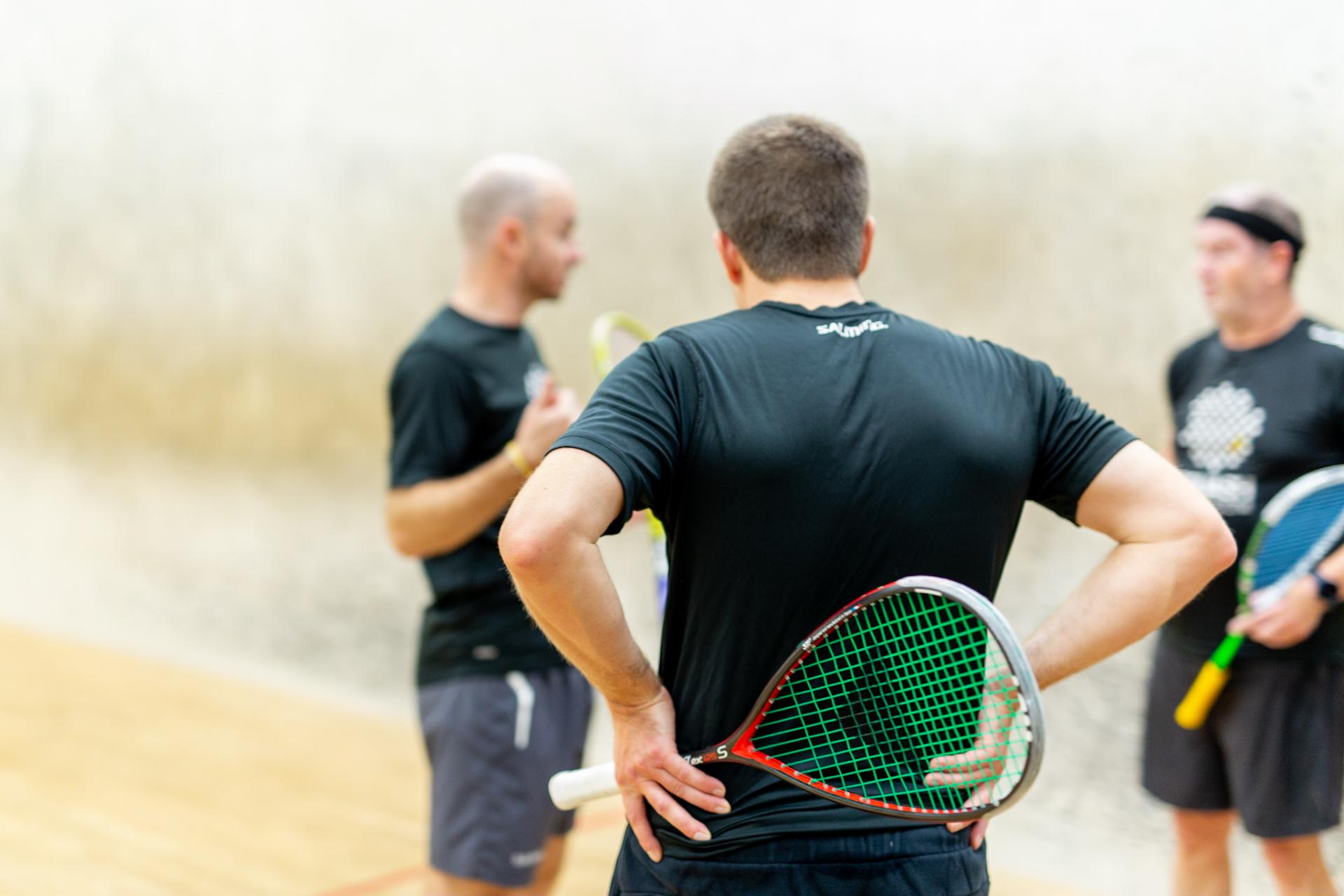
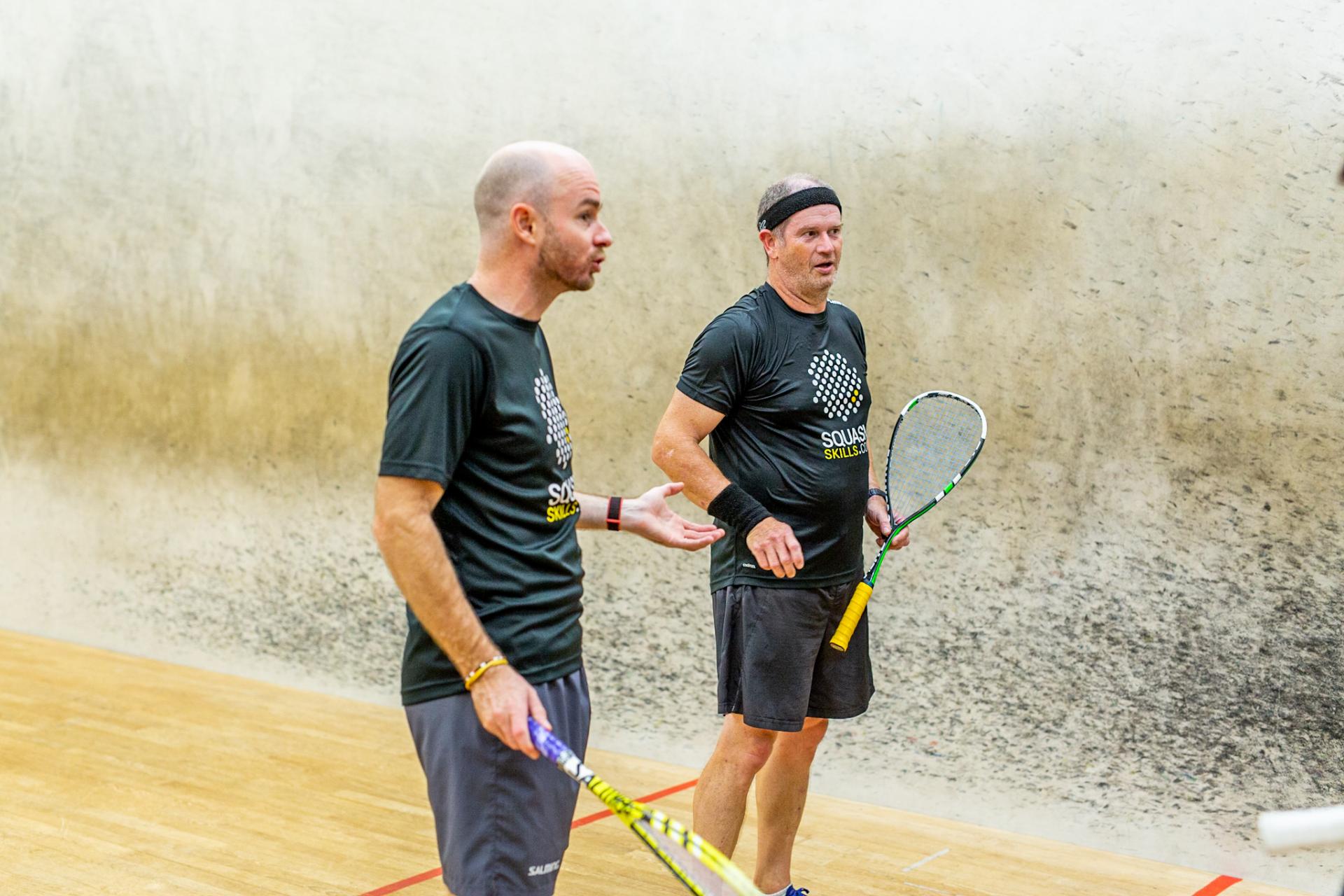
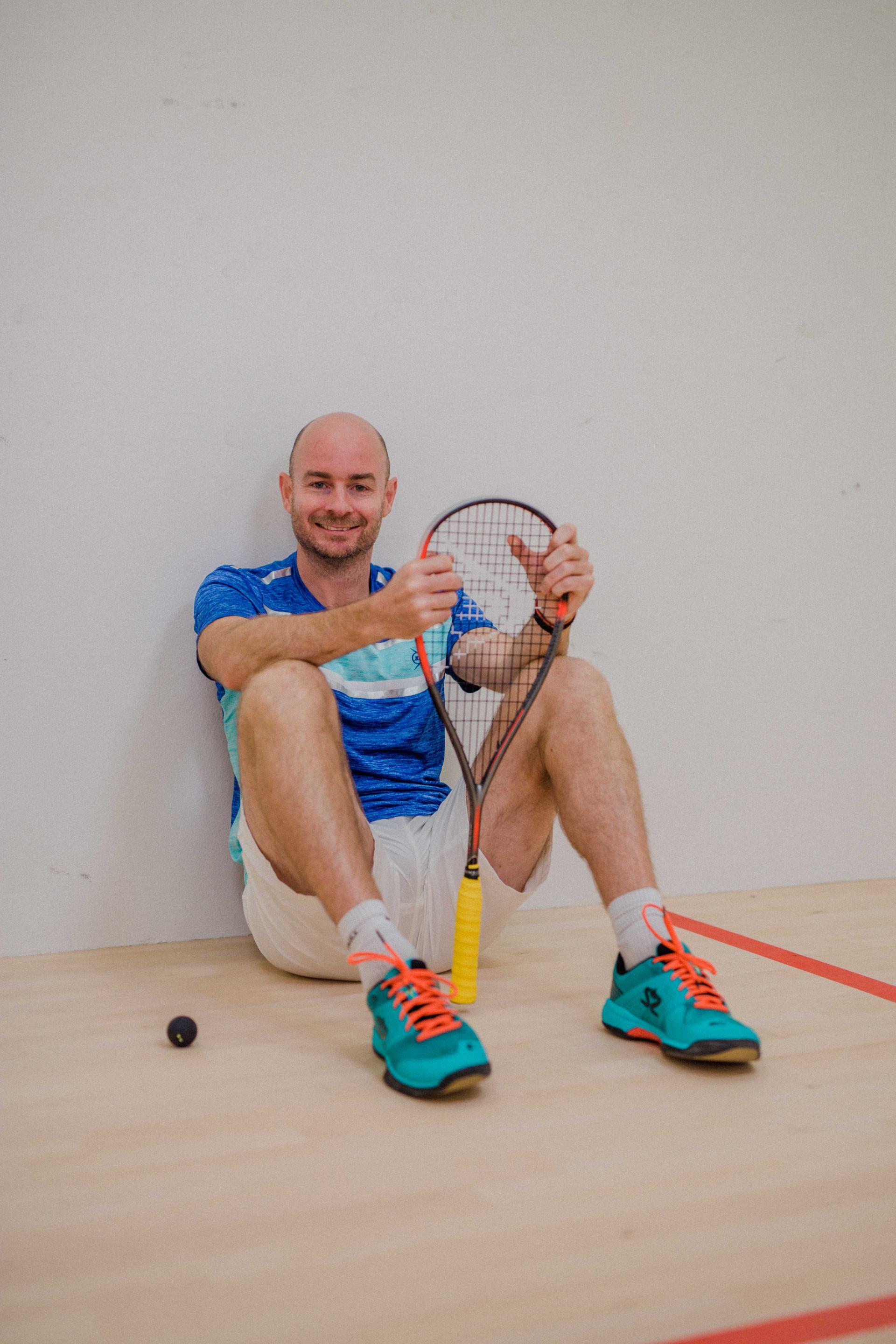
I believe sport and life are and should be intertwined, so the lessons presented in SportMind, and the journey you will go through in the SportMind Training Syllabus, will often overlap with your life on and away from the sporting arena.
Everything we do tends to spill into and bleed into everything we do. We think we can compartmentalise, and to a certain degree we can, but there is always residue in our brain and this residue becomes stickier and thicker the more you attempt to live contrasting lives.
If you feed a part of your brain, it grows stronger. Trying to merely shut if off and block it out (especially when what you have been feeding it is of a bad and negative nature) takes an enormous amount of willpower and willpower is a limited resource. You cannot keep doing this forever, even though you may be convinced you can.
I felt it important to lay out parts of my past and how they have shaped and moulded me into what I am now doing today and how much I love and am grateful for being able to do what I do. I feel honoured and humbled.
I want to show you that I have erred, I have failed, I have come short many times. But I keep going. I have learnt. I’ve had highs and lows. I’ve become more aware and mindful of what works and what doesn’t. I have tried again, and again, to keep an open mind, to keep moving forwards. I am a life-long learner. I seek out a beginner's mindset. I try and use failure as feedback.
This SportMind App and Training Syllabus are your toolkits to practice heightening your awareness, getting better at being more mindful, start to know yourself deeper, improve all parts of your life, and to ultimately provide opportunities to fail and learn in a safe space.
To achieve success, fail fast, fail early, fail often, and fail safely!
This is how progress is made.
So, onward into the breach we go!
Much love!
